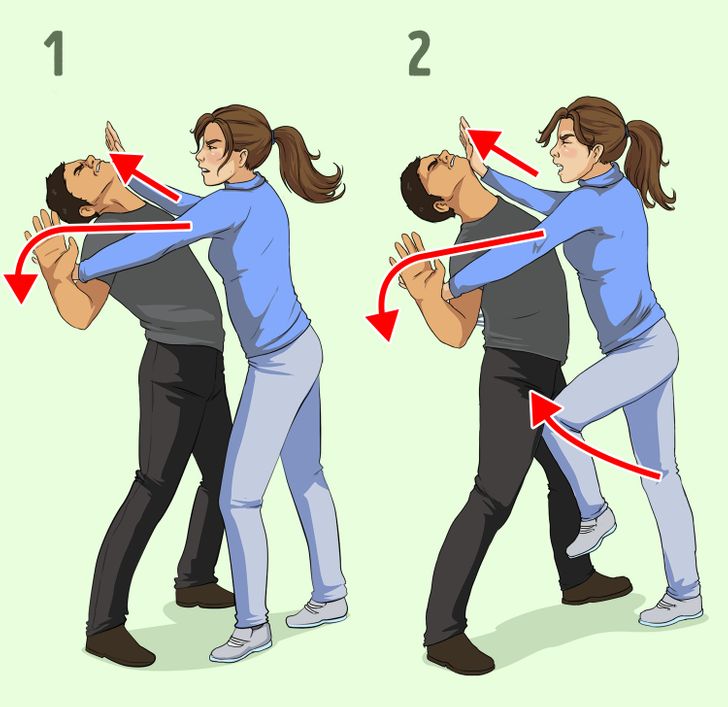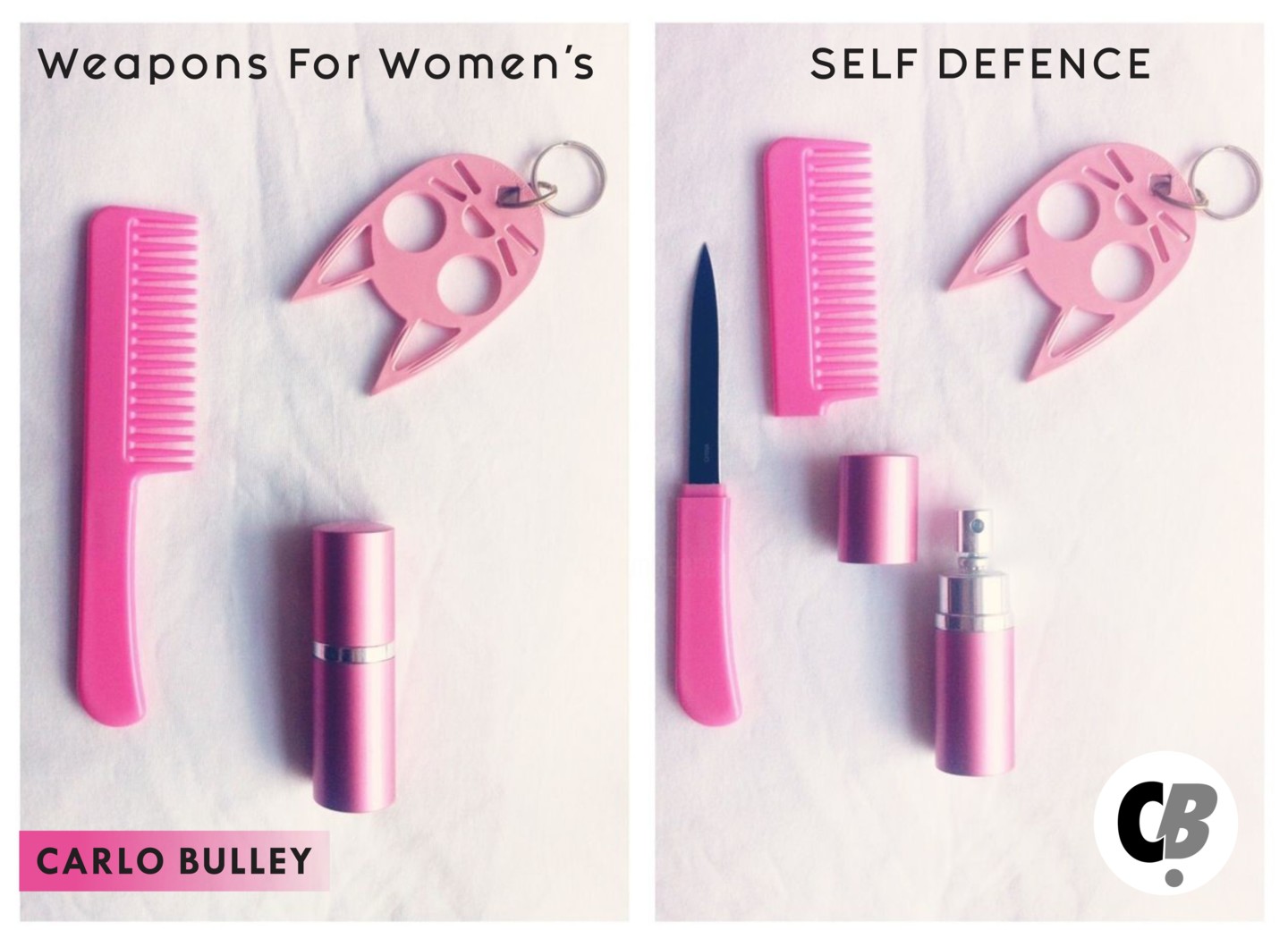
Consider a personal alarm to ensure your safety. These alarms can protect you from danger, whether you're at work or out and about in the city. These alarms come equipped with LED lights and a stungun, as well as a variety safety features. They can also be recharged with a standard electrical outlet. These alarms are loud at 120 decibels.
Pin-activated personal safety alarms
A pin-activated personal safety alarm is one option for those who are concerned about personal safety. They are small and lightweight, so they can be used in almost any environment. They also have a 130-decibel siren with flashing lights. The alarm is activated by pulling a pin or loop. Some models use an internal battery, while others are battery-operated.
The pin-activated personal alarms can be worn around the wrist, waist or ankle. They are battery-powered and small. They emit a loud, high-pitched sound and have a rechargeable battery. They are available in many colors and loudness levels. Personal safety alarms are usually only good for a short time so be sure to keep them in good condition. Many manufacturers offer tutorial videos and guides if you are unsure how to use the personal safety alarm.
KOSIN Safe Sound Personal Alarm
The Kosin Safe Sound Personal Alarm makes it easy to keep your loved one safe. This alarm is suitable for everyone. It is waterproof, portable, and includes a rechargeable battery. The alarm sounds once every hour with a chime.

It is small and egg-shaped, but it is still a substantial piece of personal security. It measures approximately 7.36 inches high by 3.94 inches wide by 1.26 inches thick. It features a keyring on the top as well as a small belt on the right. It makes a loud, distinctive sound that will draw attention to you and your dog.
Sabre HS-DSA Wedge
Personal safety alarms are a good investment to ensure your safety. The Sabre HS DSA Wedge, which is a wedge that fits under doors, sounds an alarm when someone attempts to open them, is the Sabre HS DSA Wedge. It can be very useful in keeping you safe.
This door stop alarm features a 120-decibel siren and an easy-to-use keypad. It's a reliable, affordable personal safety alarm. It emits a loud siren that can be heard at 100 feet, which should deter any intruders. This alarm also has a low battery indicator.
WETEN Self Defense Personal Alarm Keychain
Weten Self Defense Personal Alarm Keychains are a great way for you to be safe without having to attend a self-defense class. It is equipped with a flashing LED and a loud siren to warn others about an emergency and scare away potential attackers. And, unlike a traditional keychain, it's easy to use, so you can take it anywhere you go.
Another key advantage of the WETEN Self Defense Personal Alarm Keychain is its portability. It can be carried everywhere, unlike pepper spray or knives. Because it's battery powered, it can stay operational even after the battery has completely died.

VIGOROAD Personal Security Alarm
The VIGOROAD Secure Sound Personal Alarm emits 130 dB of sound to alert of impending emergencies. The device also features a keychain and an LED flashlight. You can purchase it in multi-packs of varying colors. The product is sold in various stores and has received positive and negative reviews from its consumers.
It is small and lightweight, so it can be carried as a keychain or purse charm. It can be purchased in various colors, and includes a keyring and lobster claw closure. For your keychain or purse you can get sets in a variety of colors, including tan, pink, and black. Each alarm has a loud 130 decibel sound and is lightweight.
FAQ
Do stun guns hurt people?
You're not wrong. A stun gun works by shooting a small amount of current into the skin.
This doesn't mean that you will suffer permanent damage.
What is the best weapon to carry for self-defense?
A sharp knife is your best defense weapon. Although you may not believe you need a knife to defend yourself, if you are attacked by someone, you will regret it.
You don't need to spend $100 on a folding knife to protect your self. Simple pocketknives will suffice. To be prepared for any eventuality, you can always buy a few additional tools.
How do beginners do self-defense?
It's not only for those who have been trained by professionals to defend themselves. You must also be able to defend yourself alone. These basic moves will help you defend yourself against attacks.
Start with simple moves such as punching, kicks, and kneeing. Then, you can move on to more complex moves like grappling or joint locking.
It is always good to practice things that are similar to what you would encounter in real-life situations. You should try to learn how you can kick someone on a soft surface like a pillow.
This will ensure that you don't cause injury to yourself while practicing. You should also be careful not to hit any object hard, as you could break it.
Statistics
- Most likely, the person will want some kind of boxing match, so if you can out-box them, this would be 100% ideal for survival. (budodragon.com)
- Most likely, you'll get tapped out by 90% of the people in your first 3-5 months. (mmaclan.com)
- Verbal harassment was the most common form, but 51 percent of women said they were touched or groped in an unwelcome way, while 27 percent of women survived sexual assault. (healthline.com)
- Boxers aren't allowed to fight in a clinch, which is a position that occurs in 80% of the streetfights. (mmaclan.com)
External Links
How To
How to Survive a Home Invasion
Home invasion can be a frightening thought, especially if there are children involved. We didn’t know that we would be experiencing it ourselves as we embarked on our home security system installation adventure. Here's what we've learned so far.
-
Don't let your children witness the attackers. Two men entered our home while our children were asleep upstairs. We took them downstairs until they arrived at the police station. Our children were not hurt but the experience was enough for them to be traumatized.
-
Lock Up All Valuables. All valuables are kept in a safe in the bedroom. Even if someone breaks into the house, they won't be able to access it.
-
Keep an eye on Burglars. We live in a neighborhood that has a lot of burglaries. We pay attention to suspicious cars and people.
-
Always have a backup plan. Our family will be financially taken care of financially if anything happens. We also have a plan that allows us to leave the United States if necessary.
-
Be prepared. Prepare for anything. Make sure you have food, water, and other supplies ready.
-
Call 911 immediately. If someone breaks into your house, dial 911 immediately. It's better to call the authorities than to wait for them to break down your door.
-
Use common sense. Never allow anyone into your home who doesn't belong. You should not invite strangers to your home.
-
Ask for help from your neighbors or other people in the area. If you feel uneasy, call friends or neighbors. They can watch your back, while you call the police.
-
Keep Calm and Do What Police Officers Tell You To. Keep calm and do as the officers direct. Do not run or resist arrest.
-
Take Pictures Of Any Evidence. Photograph any evidence that is found during an investigation. This includes fingerprints, blood samples, and other items.
-
Local Law Enforcement Should Be contacted. Even if you are not the victim, it is a good idea to file a report with local law enforcement. Doing so may prevent future crimes against you.
-
Contact your Insurance Company immediately. You should immediately contact your insurance company. Tell them everything that happened and ask for an adjuster to come out to assess the damage.
-
Retire Personal Belongings. Before you leave the scene, remove personal belongings. Take off expensive jewelry and keep it safe.
-
Take Care of Yourself. Clean up after yourself. Clean up after yourself.
-
Talk about What happened. It is not a good idea to talk about the events that happened to you. You never know who may try to use this information against or against you.